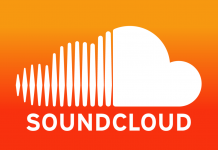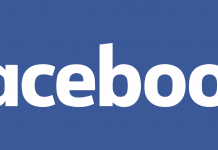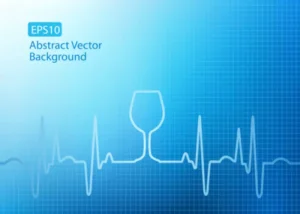
With Talkiatry, you can see a psychiatrist from the comfort of your home and you can schedule your first appointment in a matter of days. To get started and learn about your treatment options, take our free online assessment, to see if Talkiatry is right for you and get matched with a psychiatrist. The symptoms of a hangover, such as nausea and vomiting, dizziness, dehydration, and low blood sugar, can make it hard to function. If someone is sick because of a hangover, they might not be able to attend to their responsibilities at home, school, or work—which can, in turn, fuel their anxiety.
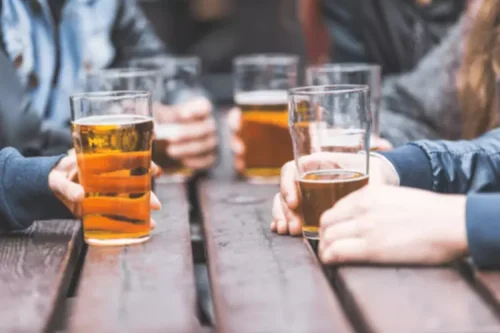
Traditional ways of treating anxiety
Although even a heavy night of drinking can alcohol and panic attacks trigger anxiety, major withdrawal symptoms and bad hangovers make alcohol panic attacks even more likely. Hangovers can also add to the stress, if a person can’t function, or has to miss work/school. Long-term alcohol misuse can not only induce panic attacks but can also lead to PTSD. This becomes even more true if a person has an anxiety or panic disorder.

Treatment options for anxiety
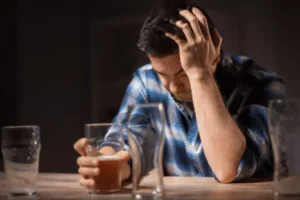
It is true that alcohol can help with anxiety, at least temporarily, but it can also make it worse in the long run and cause serious panic attacks. While it is normal to feel anxious after heavy drinking, when alcohol-induced panic attacks become a common occurrence, it is a sign of a serious problem. People with comorbid or pre-existing mental health conditions like social anxiety disorder or generalized anxiety disorder might find that alcohol worsens their symptoms. While in the moment, alcohol might seem to mask issues, but often, the rebound effect will intensify anxiety in the end. The relationship between alcohol use and anxiety is complex and multifaceted.
- This is because alcohol acts as a depressant on the central nervous system, altering brain chemistry and potentially triggering or intensifying feelings of anxiety.
- Elevated cortisol levels can lead to feelings of anxiety or restlessness.
- According to a 2019 paper, panic disorder has a strong association with AUD.
- This is when stress hormones actually increase, resulting in heightened anxiety.
Use medication under doctor’s supervision
As the sedative effect of alcohol wears off, you may experience a spike of anxiety or panic as your body begins to withdraw from the substance. Drinking alcohol causes a number of immediate effects in your body – your heart rate may increase, your blood sugar drops and you may eventually become dehydrated. If you are sensitive to the effects of alcohol, these uncomfortable sensations can trigger a panic attack. As well as being an https://ecosoberhouse.com/article/how-to-cope-with-loneliness-during-addiction-recovery/ unhealthy coping mechanism, cases of alcohol-induced panic attacks prove that alcohol can actually be the cause of anxiety and panic rather than the cure. Alcohol may be a temporary, unhealthy way to relieve anxiety and forget about your underlying stressors; however, using alcohol does not erase these underlying triggers. Additionally, symptoms of anxiety will still be lurking around the corner as the underlying triggers have not been properly addressed and treated.
Examples of anxiety disorders include generalized anxiety disorder, social anxiety disorder (social phobia), specific phobias and separation anxiety disorder. Sometimes anxiety results from a medical condition that needs treatment. The most common reason for these visits was a mood disorder (42.7%), followed by anxiety disorders (26.1%), alcohol-related problems (22.9%), and drug disorders (17.6%). (AHRQ-HCUP Statistical Brief 92. Mental Health and Substance Abuse-Related Emergency Department Visits Among Adults, 2007. Released July 2010) Read more.
- Similarly, if you find yourself regularly experiencing the symptoms of an anxiety disorder—including panic attacks—it’s important to seek help.
- While some people may believe that wine and beer may cause less anxiety than hard liquor due to its alcohol content, this is not true.
- If you are concerned that you or someone you care about has a problem with alcohol there is a lot of help available.
- Studies have shown a different trend of alcohol use in people who are diagnosed with generalized anxiety disorder or panic disorder.

